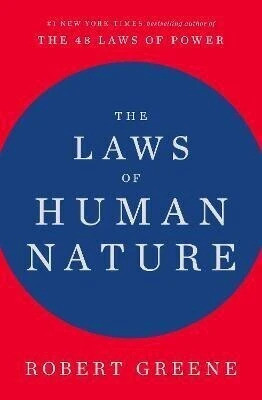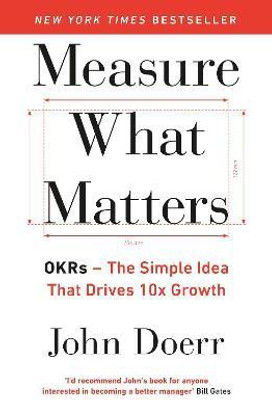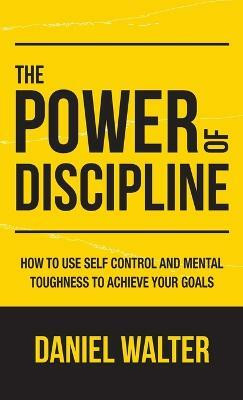
GEMS OF MAHABHARATA What's Not In It, You'll Find Nowhere (English, Paperback, Dr. K R S Nair)
Share
GEMS OF MAHABHARATA What's Not In It, You'll Find Nowhere (English, Paperback, Dr. K R S Nair)
Be the first to Review this product
₹185
Coupons for you
T&C
Available offers
T&C
T&C
T&C
Delivery
Check
Enter pincode
Delivery by26 Jul, Saturday
?
View Details
Highlights
- Language: English
- Binding: Paperback
- Publisher: Notion Press
- Genre: Philosophy
- ISBN: 9798885306829
Services
- Cash on Delivery available?
Seller
Description
Is there any piece of world literature that transcends time and space, encompasses every aspect of human living, nature, and the universe, holds eternal values, survived for over 5000 years, and remains new and a promising 'work-in-progress, a cornucopia of myths, passion, love, hatred, revenge, and all the conceivable emotions, explores all aspects of spirituality and temporality, creates a code of living, a philosophy of social and ethical living, and explains the law of cause and effect of everything, and can be passed on from generation to generation as an inexhaustible treasure trove of eternal wisdom? The only answer is the Mahabharata, called the Fifth Veda. "He who knows it not," said C. Rajagoplachari, "knows not the heights and the depths of the soul"; he misses the real reasons behind the intriguing trajectory of human living. The present version, which is the first of several volumes, is hallmarked by its critical analysis of the characters and events of Mahabharata from the angle of modern behavioral science, and the valuable lessons it churned out from an in-depth study of it. This book, inter alia, throws light on certain less-known aspects of the well-known characters like Bhishma, Drona, Duryodhana, etc. and answers questions like::what's the meaning of Gandhari's two-year pregnancy and 101 babies at one birth, how did Bhishma err in following dharma, and why his tyaga (sacrifice) was not superior & how Kunti set a role model for mothers..
Read More
Specifications
Book Details
| Imprint |
|
Dimensions
| Height |
|
| Length |
|
| Weight |
|
Be the first to ask about this product
Safe and Secure Payments.Easy returns.100% Authentic products.
Back to top






